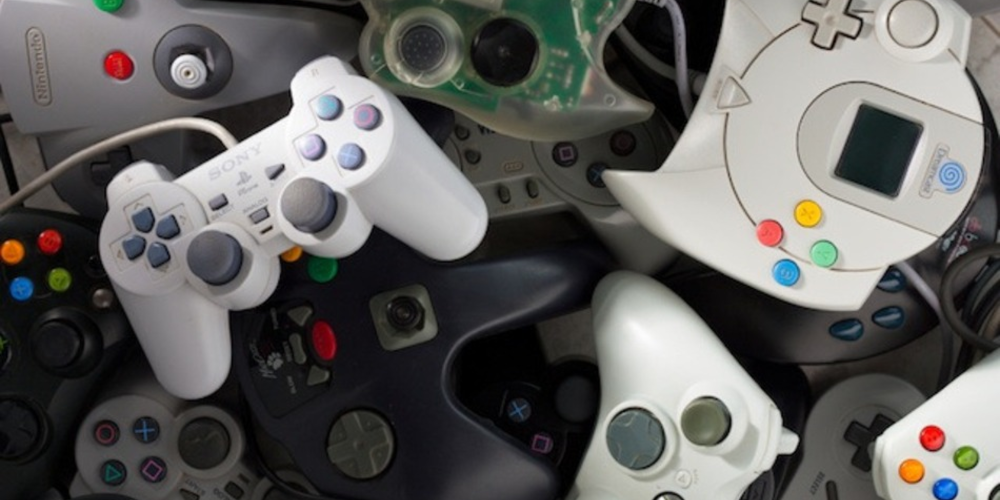Video Game Legacy at Stake: The Looming Threat to Our Digital Gaming Heritage
06 Oct 2023

Over the past few decades, the video game industry has transcended from a niche pastime into a global cultural phenomenon. However, a looming threat to the preservation of this digital heritage has become increasingly apparent with recent developments. As Nintendo announced the closure of online services for the 3DS and Wii U early next year, the gaming community has been plunged into a state of trepidation and disappointment. This move by Nintendo signifies not only the shift in focus towards newer platforms but also the fragility of our digital gaming legacy.
The main crux of this issue is the capitalist nature of the video game industry. The industry, fueled by nostalgia, often falls prey to the cycle of sequels, reboots, and fan service. Simultaneously, the pursuit of the next big thing leads to a homogenous market structure that disregards its own past. For instance, Call of Duty's recent installment remasters maps from a 15-year-old entry, repackaging the familiar as something new. This cycle of repurposing the past without acknowledging it is a reflection of the industry's complacency and the consumers' acceptance of the status quo.
The notion of game preservation is further complicated by the nature of ownership in the digital medium. Unlike physical copies of games, digital copies do not truly belong to the consumers. Instead, consumers are merely purchasing a license to play the game, a license that can be revoked by the company at any time. The rise of live-service games and digital distribution is only going to exacerbate this problem. As more games transition to this model, the preservation of older games will become more challenging, leading to a significant portion of the gaming history being lost.
Furthermore, the practicality and technical feasibility of preserving older games is a significant hurdle. As technology evolves, hardware becomes obsolete, and the software required to run these games becomes incompatible with new systems. This issue is evident in the closure of the 3DS and Wii U online services. With the complexity of modern consoles and the large amount of software required to run them, it is only a matter of time before companies make older hardware redundant.
In conclusion, the preservation of our digital gaming heritage faces numerous challenges. Seemingly driven by profitability, the industry's current approach towards older games risks relegating a significant portion of its history to oblivion. While remasters and remakes can serve as a form of preservation, they often deviate from the original games, altering the historical accuracy of our gaming heritage. It is clear that a radical shift in attitudes and practices is required for the industry to truly value and preserve its past. Without such a transformation, we may witness the loss of a significant part of our digital culture, a loss that future generations may never fully comprehend.







